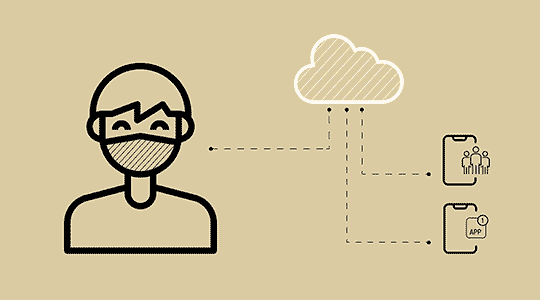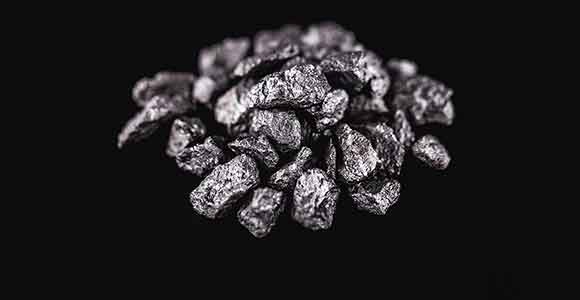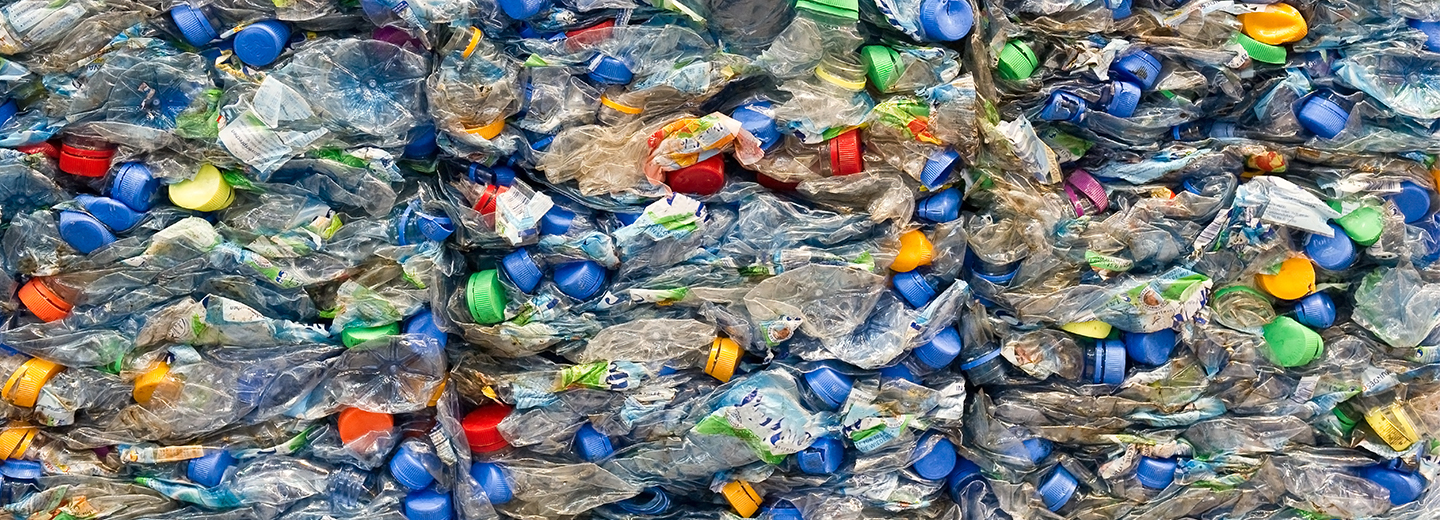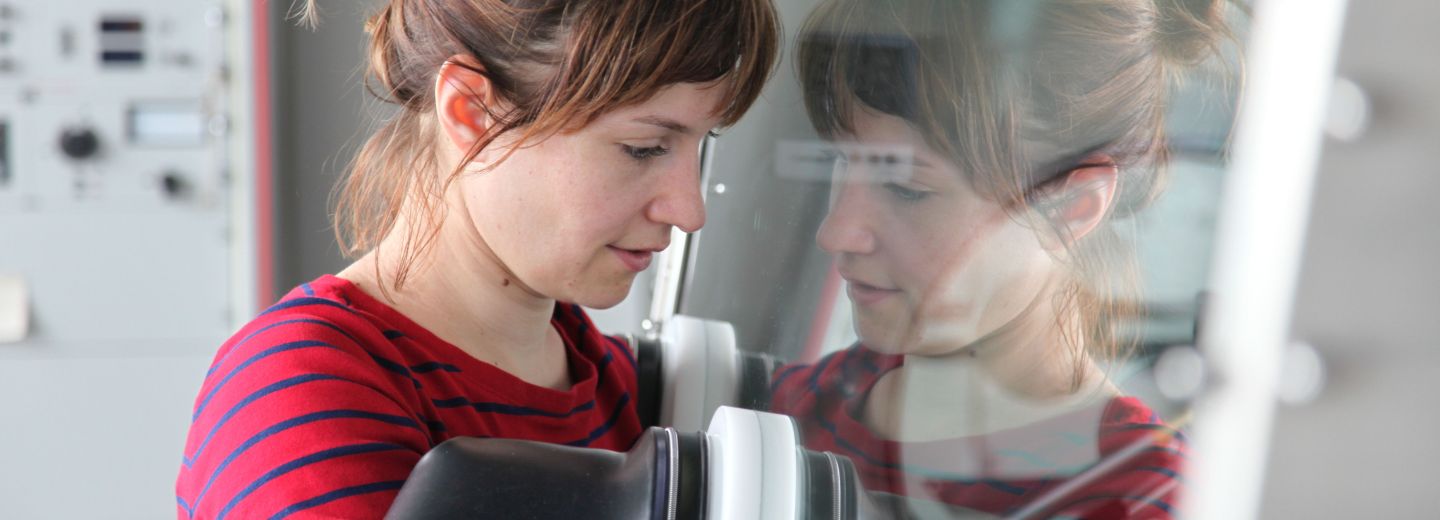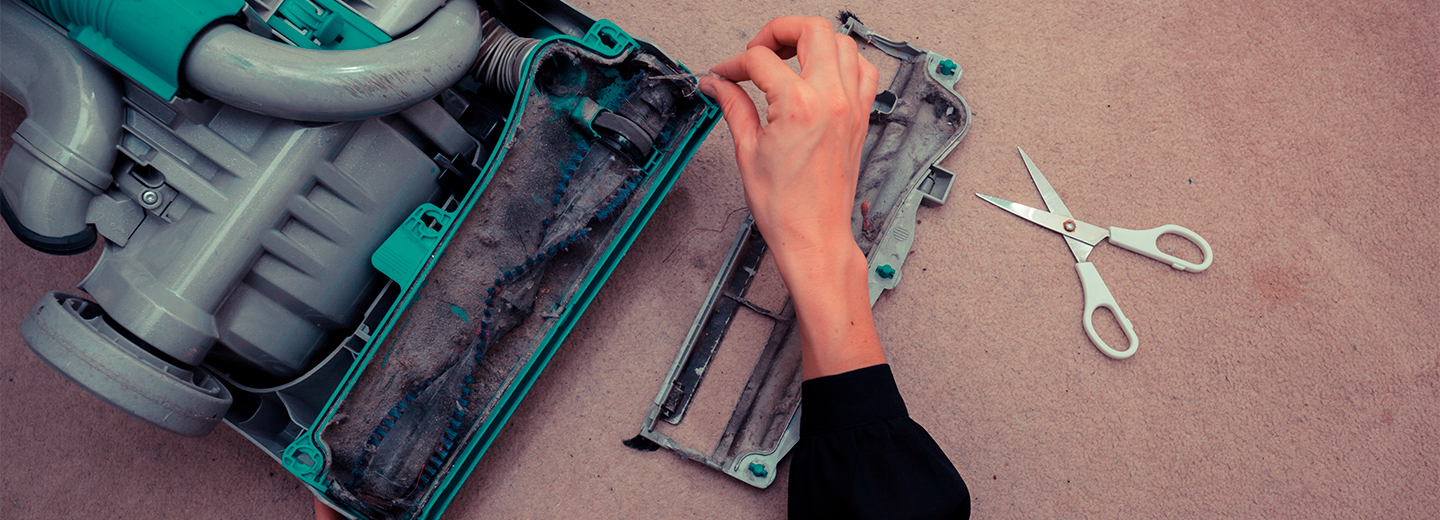The 17 UN Sustainable Development Goals are a strong inspiration. We cannot solve the problems of tomorrow with the tools of yesterday. At the Faculty of Engineering, we develop technologies that are necessary to create a better future.
With research in robotics and Industry 4.0, we help create better jobs that reduce physical strain and are fundamental to economic growth.
Through research, we are making sustainable aviation fuel, efficient organic solar cells and new ways to automate, so there will be enough hands to take care of the growing elderly population.
The next generation of engineers
More than 550 students graduate from the Faculty of Engineering each year and go on to work in companies around the world. We take pride in the fact that our engineering students understand the challenges and dilemmas of the future and have the necessary tools to develop new, sustainable solutions.
Working with the 17 UN Sustainable Development Goals
-
![]()
Green transition
The invisible threat: Microplastics from the sea end up on your plate
Every year, thousands of tonnes of microplastics are emitted in Denmark. No one knows exactly where it ends up or how dangerous it is for the environment or humans. The PlastTrack project at the University of Southern Denmark, which has received €1.8 million from Interreg Deutschland-Denmark, will investigate this and develop tools to combat plastic pollution in our region.
-
![]()
Drones
Large-Scale Research Network Receives 3.7 Million Euros to Revolutionize Wildlife Conservation Practices with Drones
We are in the middle of a biodiversity crisis, and the consequences may very well be unmanageable. Now, a group of universities and organizations have launched the interdisciplinary research network WildDrone to find out how autonomous drones can be used for wildlife conservation.
-
![]()
Virus protection
SDU researchers and Abena join forces to create face masks that neutralise and alert about corona
Nanoscientists from SDU and Abena, a production and trading company, want to create a face mask that not only neutralises the coronavirus but also alerts the user when the face mask comes in contact with the virus.
-
![]()
Clima
New method to reduce emissions of ammonia and methane from manure
A new environmental technology has shown impressive results in laboratory experiments. In the best cases, ammonia emissions from pig manure were reduced by up to 95 %.
-
![]()
Coronavirus test
Robot swabs patients’ throats for Covid-19
Robotics researchers from the University of Southern Denmark have developed the world’s first fully automatic robot capable of carrying out throat swabs for Covid-19, so that healthcare professionals are not exposed to the risk of infection. The prototype has successfully performed throat swabs on several people. The scientists behind are cheering: The technology works!
-
![]()
Protection
SDU and Engineers Without Borders provide face masks in Africa
Scientists from the Maersk Mc-Kinney Moller Institute and the Department of Clinical Research at SDU have initiated a collaboration with Engineers Without Borders to produce and distribute face masks in Sierra Leone and Guinea-Bissau.
-
![]()
Sustainability
Students develop sustainable sanitary towels from plants
Three students were tired of not being able to find sustainable sanitary towels. So, they developed one from plant fibres that is just as absorbent as conventional sanitary towels. Now they are looking for patents and investors.
-
![]()
Recycle
95 % of platinum can be recycled with new method
Today, industrial scrap metal is burned in order to recycle the rare and costly metal platinum, but a researcher from SDU has developed a method to recycle over 95 % of platinum.
-
![]()
Cities and Sustainability
Large cities must prepare for water and heating
SDU is currently building a research group that will focus on how cities can address both causes and effect to climate change, in a wider sustainable development perspective.
-
![]()
Sustainable
This is how scientists plan to produce sustainable aviation fuel
It is only a matter of years before we can produce sustainable aviation fuel in Denmark. That is the conclusion to a new report by researchers from the University of Southern Denmark. The researchers estimate that the production facilities for 100 % green aviation fuel could be ready as early as 2025.
-
![]()
Circular Economy
Engineers must think circular in product creation
The University of Southern Denmark is going down a completely new path to educate engineers in sustainable thinking. Materials like textiles, plastics and wind turbine blades are to be recycled into new products.
-
![]()
Environmental innovation
Satellites to stop ammonia emissions
Ammonia is a growing environmental problem, but satellites can help the agricultural sector minimize emissions. A PhD student from SDU has been awarded the European Space Agency’s sustainability award for developing a system that uses satellites to measure the evaporation of ammonia from fields.
-
![]()
Plastic Pollution
What happens to our plastic waste?
Professor Gang Liu has tracked the global trade in plastic after China in 2018 stopped importing plastic. The researcher is in no doubt that some of our collected plastic still ends up in Asia, and no doubt that some of our collected plastic ends as an environmental problem in Asia.
-
![]()
Women in Science
Vida Engmann from SDU receives esteemed ‘For Women in Science’ Award
Three of Denmark’s most talented researchers within natural sciences received the ’For Women in Science’ Award on 15 May. One of those talented researchers is assistant professor Vida Engmann from SDU Sonderborg.
-
![]()
Vacuum cleaners and refrigerators are almost impossible to repair
Researchers from SDU went to the recycling center to try and disassemble vacuum cleaners, but glue and tiny screws made it impossible. “Ludicrous,” says expert in manufacturing and maintenance and hopes that upcoming EU regulations will change the throwaway culture.

.jpg)
